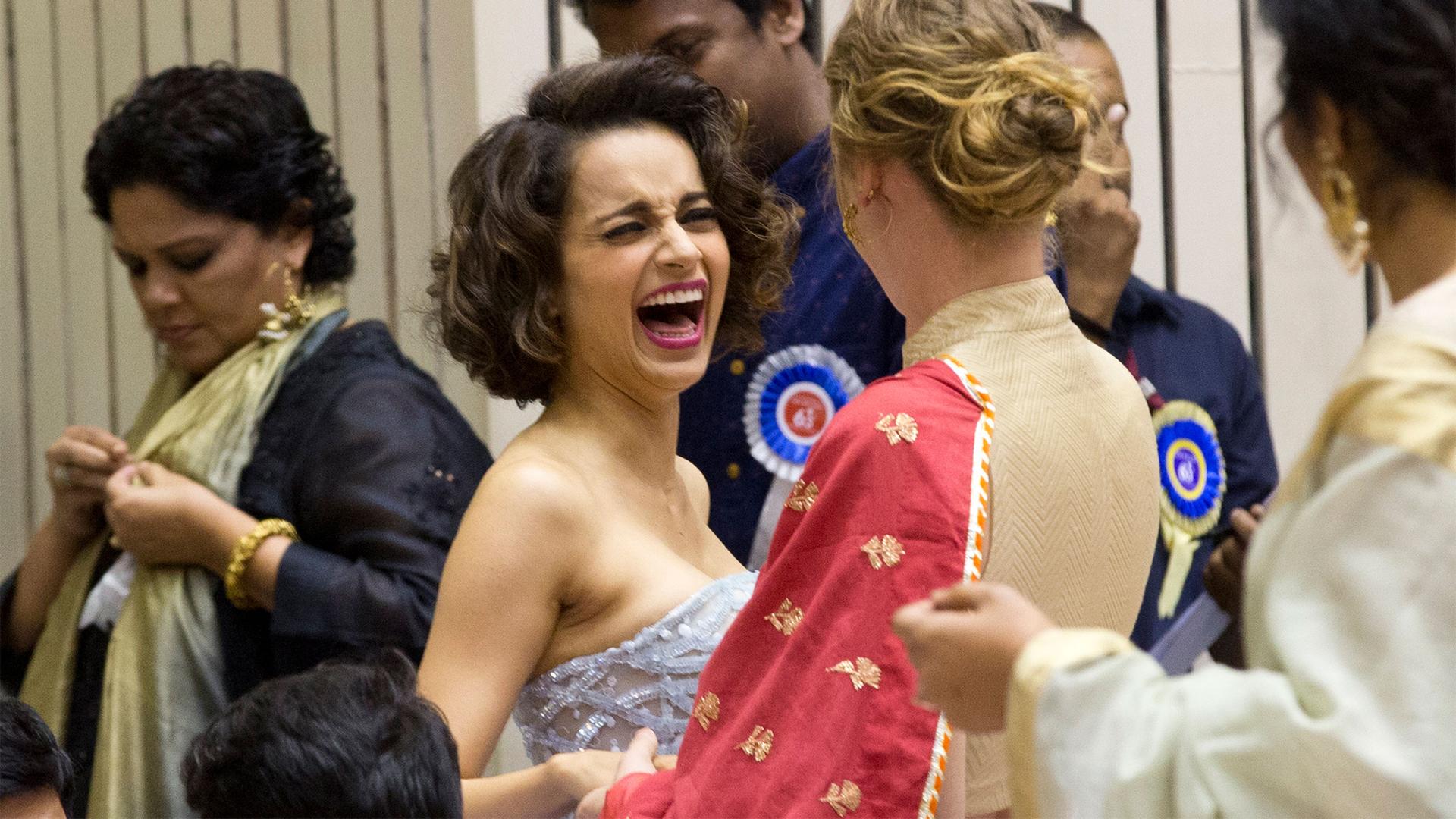Twitter’s ban on actor Kangana Ranaut could lead to confrontation with Indian government
Beyond her most prominent role as an evil mutant in the 2013 blockbuster Bollywood movie “KRRISH 3,” actor Kangana Ranaut may be best known in India for her tweets.
“Kangana Ranaut has a massive Twitter following,” said Nikhil Pahwa, digital rights activist, and founder of the news site MediaNama. “Her tweets make it to the newspapers.”
Related: This hit Indian movie offers a chance to see an empowered everyday woman on the big screen
But now, Twitter has suspended her account, accusing her of violating its rules on hateful conduct and abusive behavior.
Ranaut is an ardent supporter of Hindu nationalist Prime Minister Narendra Modi, and she is accused of using Twitter to attack his critics and stoke animosity toward religious minorities.
Sikh leaders complained after Ranaut called Sikh farmers protesting the government “terrorists.” It’s not the first time she’s had her account suspended. She also faced heat when she called for violence against the producers of a TV show that supposedly demonized Hindu religious figures.
A tweet on May 3 was apparently the last straw.
In it, Ranaut urged Modi to basically act like a gangster and kill a political opponent, which Twitter labeled as hate speech. Pahwa said that action toward her and other users who tweet hate speech is long overdue.
“Twitter has failed to address hate speech.”
“Twitter has failed to address hate speech. They have failed to address incitement to violence, and in particular, they fail to address online abuse against women,” Pahwa said. “Women journalists in India are targeted by right-wing trolls and abusers, and rape threats and death threats are essentially common for them.”
Related: #MeToo is changing Bollywood. But India’s rural women are still waiting.
At the same time, Twitter has temporarily taken down other tweets, at the request of the Modi government.
“There were tweets that were censored, about 52 of them, which had been calling for the prime minister of India to resign on the basis of mishandling of the COVID-19 crisis in India, which has led to India having the highest number of cases in the world,” Pahwa said.
Modi and his BJP party portray themselves as pushing back against the big American digital colonizers, Pahwa said. They call for Indian self-reliance, digital sovereignty and tech nationalism. Facebook’s ban of former US President Donald Trump — an important Modi ally — caused real concern in India.
A member of the ruling BJP party tweeted: “If they can do this to POTUS [the president of the US] they can do this to anyone.”
Related: Donald Trump’s tweets are now presidential records
Since then, India’s government has changed rules to allow it to have more control over platforms like Twitter and Facebook. It created a new way for users to appeal account suspensions, and to get their content reinstated if taken down.
Meanwhile, these social media giants have been eager to show they’re working toward an appropriate balance of allowing free expression, controlling hate speech and cooperating with the Indian government.
“We have tightened our policies and we have been evolving our policies to understand what’s going wrong.”
“We have tightened our policies and we have been evolving our policies to understand what’s going wrong and how we make sure that things are much better,” said Manish Maheshwari, the managing director of Twitter India, in an interview last month.
Meanwhile, managing director of Facebook India, Ajit Mohan, said in February that, “There is always a trade-off. And the way we deal with those trade-offs is through the articulation of our community standards, [which] are global in nature, that allow us to say what kind of behavior is not allowed on our platforms.”
Kangana Ranaut could appeal Twitter’s decision to suspend her account, setting up a potential showdown between Twitter and the Indian government.
In a statement, she said that Twitter has proven that: “They are Americans, and by birth a white person feels entitled to enslave a Brown person.” She continued: “They want to tell you what to think, speak or do, fortunately I have many platforms I can use to raise my voice.”
Related: Crackdown in Beijing: ‘Using Twitter is more dangerous than street demonstrations’
Ranaut may join Koo, an Indian-owned Twitter knockoff to which Modi supporters and members of his BJP party have been defecting. But activist Nikhil Pahwa doubts that that digital environment will satisfy Ranaut and her many followers.
“They want to create an echo chamber, but they don’t want to live in one. Koo only has, or mostly has, right-wing folks there,” he said. “Who will they troll? Each other? Not likely.”
